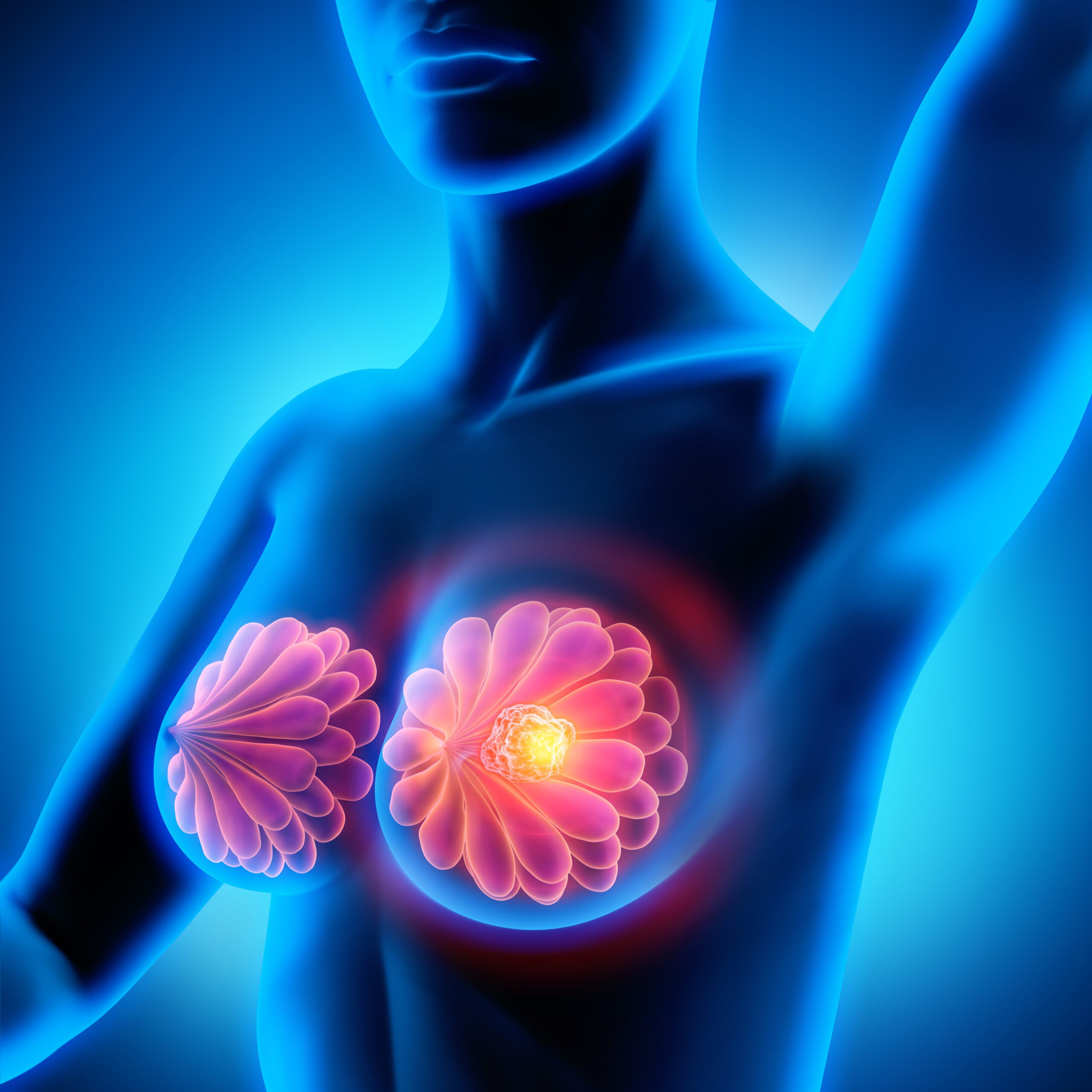
You may already know that Vitamin C could help prevent the common cold, or that Vitamin A is essential for healthy eyes, but did you know that Vitamin D might help in the battle against breast cancer? An ongoing study is showing that Vitamin D can be linked to the prevention of the deadly cancer that affects approximately 12 percent of American women. Not only that, but those who already have breast cancer and have low levels of Vitamin D are at greater risk of having the cancer spread to other parts of the body and could have a poorer overall outlook.
Vitamin D and the Body
Vitamin D helps the body absorb calcium to use for bone growth, and also helps the immune, muscle and nervous systems function properly. The easiest way to get it is from direct sunlight, as the body begins producing Vitamin D when it is exposed to the sun. The recommended amount of sunlight is three times a week for 15 minutes each. Other great sources of the vitamin include fortified milk, fish that are high in fat like herring or catfish, eggs, beef liver, cod liver oil, mushrooms and fortified orange juice, to name a few. Vitamin D supplements are also very beneficial, and can be crucial if you’re not getting enough D from the sun or your diet.
Vitamin D and Breast Cancer
It has recently been discovered that Vitamin D may play a role in controlling normal breast cell growth, and might even be able to stop breast cancer cells from growing. The results of a Canadian study suggest that breast cancer patients who have low levels of Vitamin D were much more likely to die or have the cancer spread to other parts of their bodies. In the study, only 24 percent of the women who were surveyed had sufficient Vitamin D when they were first diagnosed with breast cancer. Those who did not have enough of the Vitamin were twice as likely to have the cancer return or spread over the next 10 years, and their chance of dying from the cancer rose to over 73 percent.
On the other side of the coin, having too much Vitamin D can also be dangerous. The condition of having too much Vitamin D in your system is called hypervitaminosis D. It usually occurs if you take too many D supplements, and not from sun exposure of the Vitamin D you receive from your diet. You may be at a greater risk of hypervitaminosis D if you have health problems, such as liver or kidney conditions, or if you take thiazide-type diuretics. The main consequence of Vitamin D toxicity is a buildup of calcium in your blood (hypercalcemia), causing symptoms such as:
Symptoms like these usually occur if you’re getting more than 4000 IU of D per day. However, keep in mind it is quite difficult to “overdose” on Vitamin D.
How Much is Enough?
So how can you tell if you are getting enough Vitamin D? If you are unsure, visit your doctor and schedule
a blood test. Symptoms resulting from insufficient Vitamin D can include chronic pain, fatigue, muscle weakness, depression, bone fractures and periodontal disease. If you are experiencing this, contact your physician immediately. Also, when it comes to receiving the right amount of Vitamin D, realize that the darker your skin is, the more melanin it contains and the harder it is for your skin to absorb the sun’s rays. If you’re darker skinned, you may need more supplementation than lighter skinned folk.

A new study suggests that a widely used sugar substitute found in diet sodas, chewing gum, and low-sugar yogurt may elevate insulin levels. This could increase the long-term risk of heart disease. “Artificial sweeteners have infiltrated nearly all types of food, making it crucial to understand their long-term health effects,” said Yihai Cao, senior author […]

Diet Coke has long been a fan-favorite among soda lovers who want a fizzy, guilt-free alternative to traditional soft drinks. While its zero-calorie, zero-sugar label makes it seem like a healthier option, the reality is far more concerning. Despite its undeniable popularity, Diet Coke’s nutritional profile has raised red flags among health experts for years. […]

New study shows that embracing an anti-inflammatory, plant-forward diet can support cognitive function and help reduce the risk of dementia. What You Eat Shapes Your Brain The food you eat doesn’t just impact your body—it also affects your brain. Research suggests that eating an anti-inflammatory, plant-based diet can help improve memory, focus, and overall brain […]